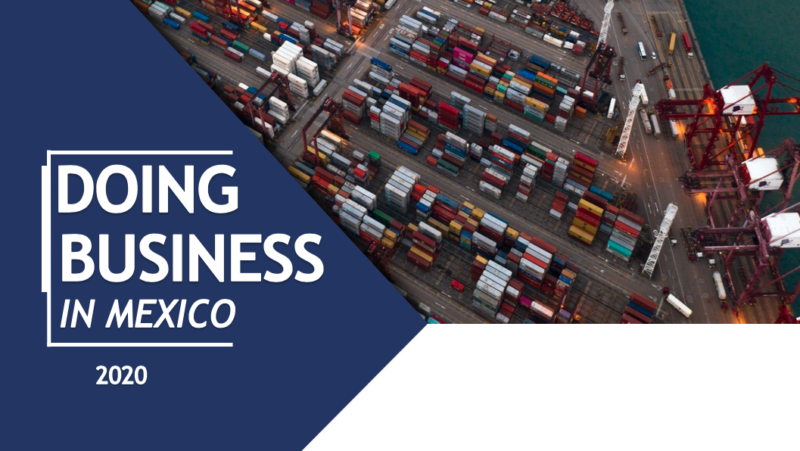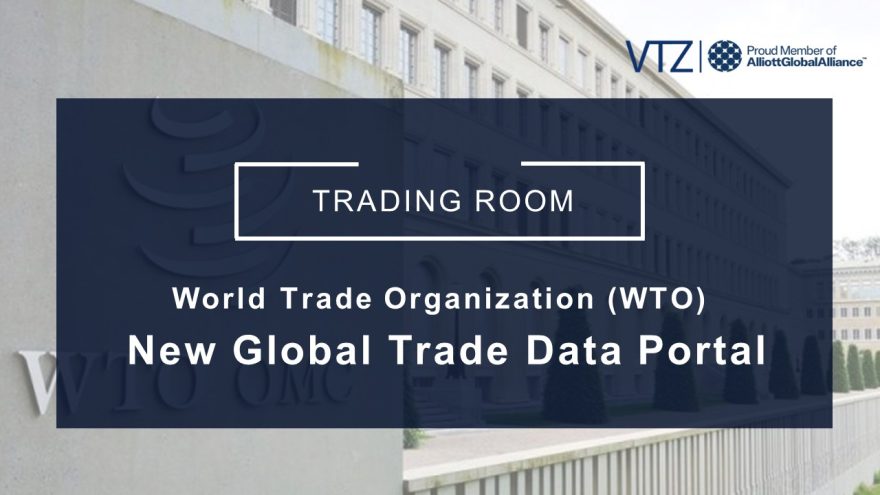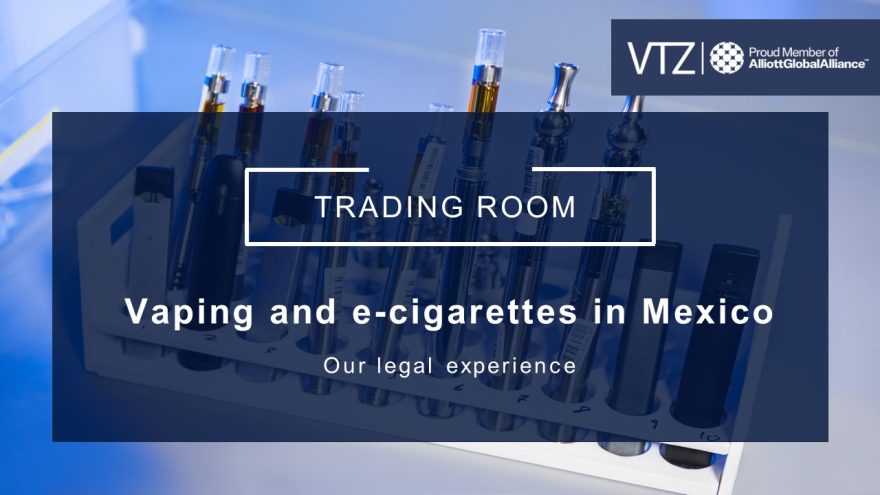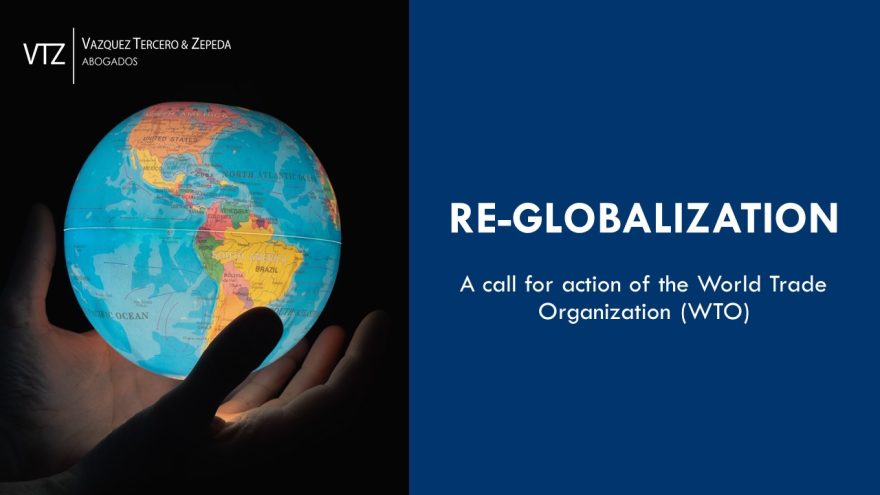Our third chapter of Doing Business in Mexico, International Trade, will provide a general overview of ton Mexican International Trade Policy considering international context, as well as customs aspects.
This chapter includes the following sections:
- Mexican International Trade Policy and Customs
- Tariff Policy
- MFN Tariffs or Duties
- Preferential Tariffs in Free Trade Agreements
- CPTPP
- USMCA
- New EU-Mexico Agreement
- Duty Deferral, Drawback and Preferential Tariffs in Trade Instruments
- IMMEX
- Trade Promotion Instruments
- PROSEC
- Eight Rule
- Free Trade Zones in Mexico
- Other Taxes affecting imports
- Customs Processing Fee
- Value-added Tax
- The Special Tax on Production and Services
- The Tax on New Motor Vehicles
- Non-Tariff Barriers
- Import Prohibitions
- Licensing System
- Other Non-Tariff Barriers on Imports
- Import Quotas
- Exports Tariff & Non-Tariff Export Barriers
- Recent Changes to Mexican Trade Policy
- Customs
- Customs Brokers and Customs Agencies
- Single Customs Window
- Requirements to Import and Export in Mexico
- Special International Trade Registries
 Cargando…
Cargando…
1. Mexican International Trade Policy and Customs Law
As a member of international organizations and Free Trade Agreements, Mexico has, to a certain extent, a predictable trade and customs policy. Mexican laws on customs and trade are normally compatible with international rules. The President and his ministers are not only in charge to apply these laws, but they also have powers to regulate international trade and customs, including emergency actions.
Since the inception of the World Trade Organization and the North American Free Trade Agreement, Mexico’s trade and customs legal framework has not been subject to a substantial overhaul; seldom reforms particularly to the customs law have occurred from time to time.
However, Mexico is currently embracing modern free trade agreements, such as the Comprehensive and Progressive Transpacific Partnership (CPTPP) or USMCA, that have and will bring certain legal changes in intellectual property, de minimis, e-commerce, etc.
Needless to say, trade and customs programs or regulations are subject to frequent changes that seek to adapt to new trends, risks, or policy objectives. Mexico has in place, for instance, duty deferral and tariff reduction programs that allow manufacturing or export-oriented industries to be more competitive. However, such programs are subject to strict government controls.
2. Tariff Policy
Mexico is a party to the World Customs Organization and to the International Convention on the Harmonized Commodity Description and Coding System (HS Convention).
As a result of the sixth amendment to the HS, Mexican congress discussed a new law that replaced its General Import and Export Tariff Act (LIGIE, acronym in Spanish), i.e. Mexico’s Harmonized Tariff Schedule. The Ministry of Economy conducted an exhaustive review and proposed to compact or unfold tariff items for statistical purposes into 10 digits that will be called Commercial Identification Number, instead of an 8 digit tariff item (known as fracción arancelaria). The new General Import and Export Tariff Act was published on July 1, 2020.
2.1 MFN Tariffs or Import Duties
Mexico’s average WTO bound tariff is 35%, and duties rates vary from 0% to 100%. According to Mexico’s most recent Trade Policy Review (2017), the average MFN tariff on agricultural and non-agricultural products was 14.3% and 4.6%, respectively. The General Import and Export Tariff Act establishes the import tariff or “General Import Tax” (Impuesto General de Importación, or IGI) as well as the export tariff “General Export Tax” (Impuesto General de Exportación, or IGE).
….
2.2 Preferential Tariffs in Free Trade Agreements
Mexico has an extensive network of Free Trade Agreements (FTAs) with 50 countries and is also a party to regional agreements within the framework of the Latin American Integration Association (ALADI).

The main FTAs and trade agreements to which Mexico is currently a party are as follows:
- United States–Mexico–Canada Agreement (USMCA).
- European Union-Mexico Free Trade Agreement, which is in the process of being modernized.
- Comprehensive and Progressive Transpacific Partnership (CPTPP) in force between Australia, Canada, Japan, Mexico, New Zealand, Singapore, and Vietnam; Brunei, Chile, Malaysia, and Peru have not yet ratified the FTA.
- Pacific Alliance with Colombia, Chile, and Peru.
- FTA with Costa Rica, El Salvador, Guatemala, Honduras and Nicaragua.
- FTA with the European Free Trade Association (Iceland, Liechtenstein, Norway, and Switzerland).
- FTA with Israel.
- FTA with Uruguay.
- FTA with Japan.
….. Read more
3. Duty Deferral, Drawback and Preferential Tariffs in International Trade Instruments
Long before NAFTA came into existence, Mexico had into effect duty deferral policies that allowed manufacturing companies, known as maquiladoras, to import goods, such as raw materials, parts, containers, etc., without paying import duties. The maquiladoras had to use said imported goods in the production of exported manufactured goods and, in turn, they could temporally import said goods and defer customs duties.
Eventually, NAFTA introduced drawback provisions to promote the use of regional goods and “to reduce the incentive for third countries to use a NAFTA country as an ‘export platform.” Article 303 NAFTA, replicated in article 2.5 USMCA, introduced a general prohibition on refunding or exempting customs duties owed on non-originating goods imported into the territory of a party.
In essence, these provisions have as a purpose to avoid double ‘taxation’ on non-originating materials that are used as an input in the production of a finished good subsequently exported to another NAFTA or USMCA party.
Thank you for your interest, if you wish to continue reading please fill out the form below or contact us.
For more information about VTZ Law Firm services, visit our website or contact us info[@]vtz.mx





